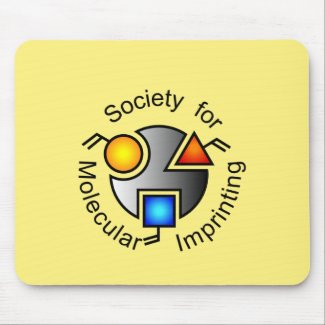
Authors: Li M, Zhu QH, Li MT, Wang WN, Dai JJ, Yin YG
Article Title: Preparation and evaluation of biodegradable molecularly imprinted polymers.
Publication date: 2013
Journal: Chinese Journal of Tissue Engineering Research
Volume: 17
Issue: (38)
Page numbers: 6817-6824.
Abstract: Background: The cross-linking reagent is the main unit to support the skeleton of molecularly imprinted polymers, which is closely related to the bio-friendly adaption of polymers. The biocompatible and biodegradable capacities of common crosslinking agents are unclear. Objective: To prepare a novel biodegradable molecularly imprinted polymer and to evaluate the adsorption and biodegradability properties of the polymer. Methods: The biodegradable molecularly imprinted polymer was synthesized with the acrylated poly ε-caprolactone as the cross-linking reagent under the UV polymerization. The adsorption of the polymer was evaluated by adsorption isotherm, Scatchard analysis and kinetic curves. The biodegradation of the polymer was observed in the simulated physiological environment system in vitro. Results and Conclusion: Both the molecularly imprinted polymer and non-molecularly imprinted polymer showed an adsorption effect on theophylline, the template. But the adsorption amount of the molecularly imprinted polymer was significantly more than that of the non-molecularly imprinted polymer. The drug loading and encapsulation efficiency of the molecularly imprinted polymer were 1.54% and 12.48%, respectively. The degradation rates of molecularly imprinted polymer and poly(ε-caprolactone) diol were 6.60% and 1.33%, respectively, within the observation time in vitro. The obtained molecularly imprinted polymer not only exhibited specific adsorption to certain molecules but also showed good biodegradable properties in the simulated physiological environment system, which is necessary to be a potent drug carrier
Author keywords: Biocompatible materials, Biodegradation, Cross-linking reagents, environmental, polymers



Join the Society for Molecular Imprinting

New items RSS feed
Sign-up for e-mail updates:
Choose between receiving an occasional newsletter or more frequent e-mail alerts.
Click here to go to the sign-up page.
Is your name elemental or peptidic? Enter your name and find out by clicking either of the buttons below!
Other products you may like:
 MIPdatabase
MIPdatabase









